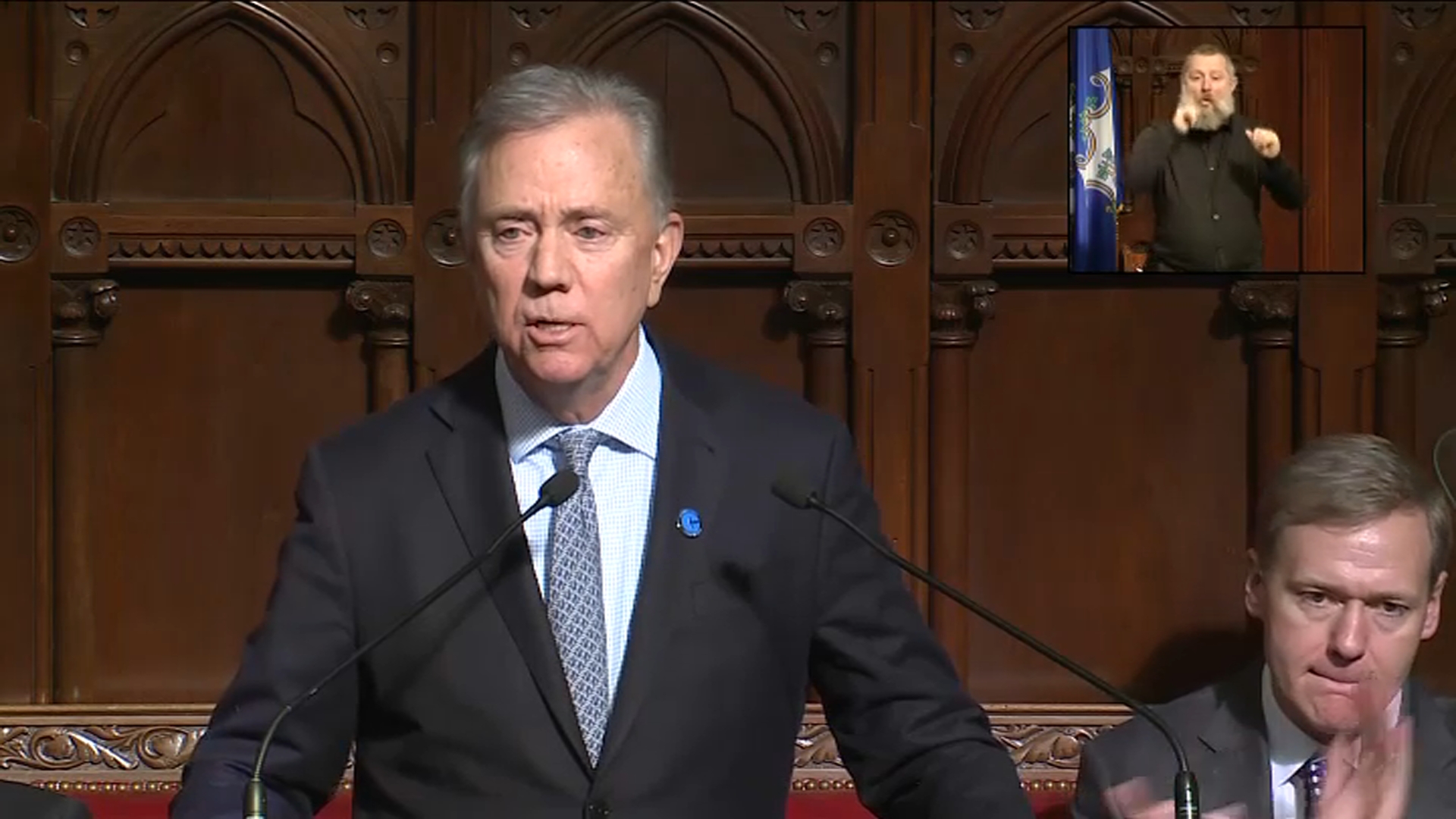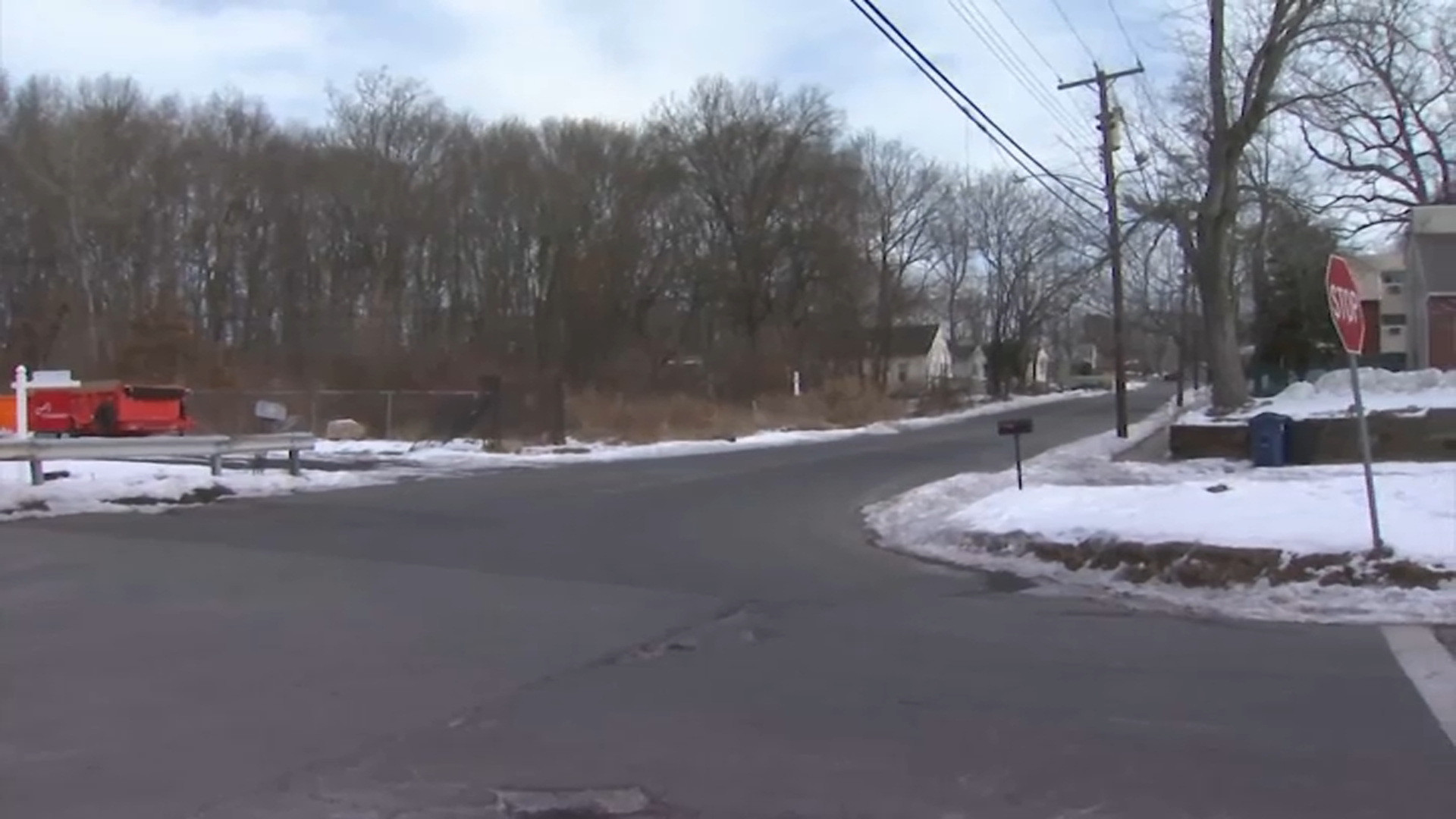The topic of police accountability is something that continuously comes up in politics and protests throughout the country. Now, a study out of Yale University provides new insight on how the public feels about police reform.
The topic of police accountability is something that continuously comes up in politics and protests throughout the country. Now, a study out of Yale University provides new insight on how the public feels about police reform.
In 2020, the country was swept up in a wave of demonstrations against racial injustice and police brutality.
“There were an enormous amount of protests and discussion around police misconduct,” Yale Political Science Department Chair Greg Huber said.
That summer, as activists demanded change after the deaths of George Floyd, Breonna Taylor and others at the hands of police, Yale researchers delved into the meaning behind the calls to defund police.
Get top local stories in Connecticut delivered to you every morning. Sign up for NBC Connecticut's News Headlines newsletter.
“The question was whether or not that meant that Americans wanted to get rid of the police wholesale, or just address behavior by the police that is detrimental to the public,” Huber said.
The eight week study was fielded as those protests were underway in 2020 and the findings were published this year in the January issue of “Criminology and Public Policy.”
Huber and his team conducted a survey of more than 1,000 people, asking how they felt about three courses of action: reforming, defunding, and abolishing police.
Local
Of the 1,137 people surveyed, only 23 percent showed support for abolishing police and just 34 percent supported defunding police. Many more respondents, 66 percent, supported police reform.
“It seems very clear that the public is not comfortable with reducing or getting rid of the police, they would just like the police to behave differently,” Huber said.
In Connecticut, the controversial Police Accountability Act passed in July of 2020, led to changes for police departments across the state. Among other things, the law placed tighter restrictions on police searches, mandated police intervene if they witness excessive force and required independent reviews of deadly force.
Huber says the study respondents were less receptive of abolition and defunding than reform because they were worried about crime.
“We've seen big increases in crime rates in many cities,” he said. “What this tells us is that the public is going to be skeptical of reducing the number of police on the streets. They're worried that crime would go up.”
The study states public support for changes to policing is contingent on what those changes would mean for public safety.
“I think the summer of 2020, it was very unclear as to what policy reforms people wanted,” Huber said. “We saw that there was widespread support for addressing police misconduct, but I think some people thought that extended to also broader efforts to get rid of the police or reduce the number of police on the streets. That does not appear that many people who are marching actually supported those changes.”
The study concludes that the approach to reform most likely to succeed nationwide will not be decreasing budgets, but rather targeting how police departments operate.



